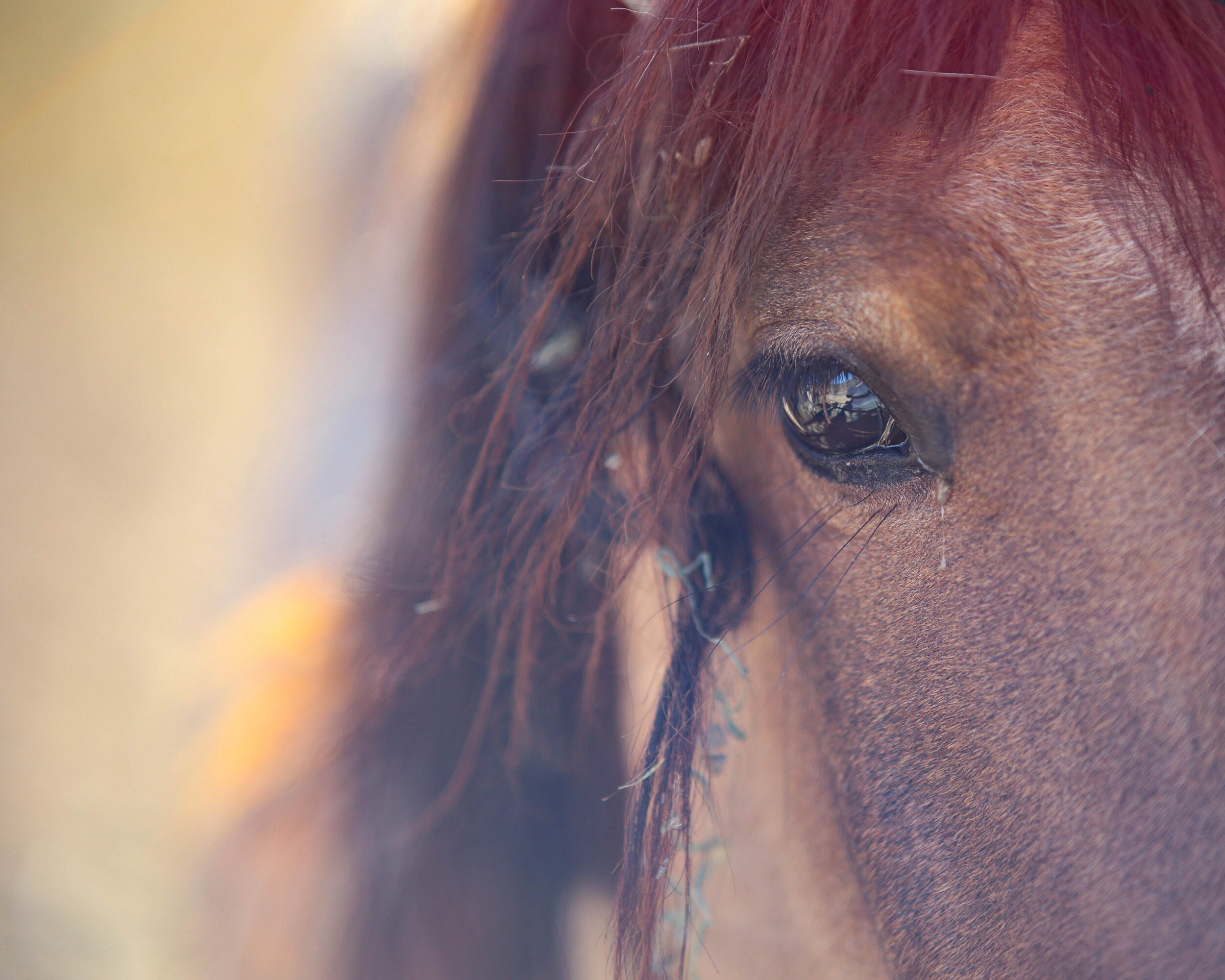True Compassion
Getting Beyond the Surface and Entering the Heart of Wonder
Generally speaking, Western culture has a lot of misunderstandings about the nature of compassion. For instance, compassion and empathy are not the same thing—nor are compassion and sympathy the same thing. Additionally, it is crucial to understand that compassion is a natural capacity that we cannot bring to fruition without training and practice. It is not a mere concept, and it is not just a “feeling”. And yet, without compassion, we will never offer our fullest presence to anyone we love, nor will we offer it to horses, who need it most urgently.
Indeed, only compassion will give us the fullest strength and empowerment we need to solve any of the most heart-breaking challenges we see in the world. Without compassion, we will find ourselves in the midst of empathy distress, which leaves us unable to act with wisdom and insight.
People have begun to speak about compassion in horsemanship, but, typical of our culture, the use of the word “compassion” has little grounding in philosophical reality (which means scientific reality too, as the scientists have now verified things the philosophical traditions have taught about compassion for over 2000 years).
Although our culture has created a lot of confusion about what philosophy is and what philosophers are, compassion presents us with a clear case for seeking out a philosopher. The teachings on compassion have received thorough scientific investigation, and their positive impact stands without question. But they come from a philosophical tradition, and they are rooted in wisdom teachings that demand a great deal of study, practice, and insight. In order to learn them in the best way possible, it behooves us to seek out a skilled teacher who can explain things clearly while coming from extensive study and practice.
If you want to be able to offer a more grounded and healing presence for yourself, your horses, and everyone you care about, these teachings will provide a nourishing elixir for your psyche. When Nikos taught in the university, all of his courses were based on compassion, and students found it transformative, including former soldiers with PTSD that they could not otherwise begin to heal using the many other means they had tried.
Compassion practice involves not only compassion for others (including horses and also including people who provoke us in various ways), but it essentially involves compassion for ourselves as well. Self-compassion ultimately means self-understanding and self-acceptance. The great psychologist C.G. Jung called self-acceptance “the acid test of one’s whole outlook on life.”
This can come as a shock. We may think to ourselves that we can have true love, compassion, respect, and intimacy with horses (or anyone we care about) while inwardly hating things about ourselves. But the limit of our own capacity for total self-acceptance marks the limit of our connection with horses or others we care about. How strange that we think we could walk up to a horse with a psyche that says, “I am fundamentally unable to fully accept and trust myself . . . but I demand that you accept me and trust me; I do not fully know myself, but I won’t let that ignorance stop me from asserting that I know you.”
Walking a path of compassion that includes self and others begins to break down the barriers between self and others that prevent us all from realizing our fullest potential. You will receive these teachings over the course of 8 engaging zoom calls, each 1.5-2 hours long.
You can enjoy this experience one-on-one or in a small group.
